Approach to cartilage regeneration and immune modulation
Descripción de la publicación


Introduction to Cartilage Regeneration
Cartilage regeneration is a hot topic in medical and nutritional research. Cartilage is an essential tissue that provides support and flexibility, and its deterioration can lead to conditions such as osteoarthritis. The search for effective methods to promote its regeneration has led to growing interest in nutritional approaches.
One of the leading researchers in this field is Dr. Wolfgang Feil, who has provided valuable insights into M2 macrophage polarization and its relationship to cartilage health.
Macrophage Polarization and Its Role in Regeneration
Macrophage polarization is a crucial process in the immune response. M2 macrophages, in particular, play a vital role in tissue repair and inflammation regulation. These macrophages have been shown to aid in cartilage regeneration by secreting growth factors and anti-inflammatory cytokines. This process is key to limiting damage and promoting healing in cartilage tissue. Dr. Feil's research has highlighted how certain nutritional strategies can promote M2 polarization, thereby improving joint health.
Nutritional Approach: Diet and Supplementation
The nutritional approach proposed by Dr. Wolfgang Feil in his book, Heal Osteoarthritis for Good, focuses on incorporating foods that promote macrophage polarization and, therefore, cartilage regeneration. Foods rich in antioxidants, omega-3 fatty acids, and anti-inflammatory compounds are essential. Incorporating fatty fish, nuts, fruits, and vegetables rich in vitamin C and polyphenols may be beneficial. In addition, certain supplements, such as glucosamine and chondroitin, are thought to have a positive impact on cartilage health, although more research is needed to establish their definitive efficacy.
Cartilage regeneration is a complex process involving the restoration of the extracellular matrix and modulation of the immune system. According to Dr. Wolfgang Feil, one of the keys to promoting cartilage regeneration is the polarization of macrophages toward the M2 state, characterized by its anti-inflammatory and regenerative capacity. The use of specific supplements can enhance this process, both by promoting the synthesis of cartilage components and by modulating inflammation.
The role of each supplement in this process is described below:
1. Glucosamine (1500 mg/day)
Glucosamine is an amino sugar essential for the formation of glycosaminoglycans, which are structural components of cartilage. This supplement directly stimulates the synthesis of the cartilage matrix, promoting the regeneration of damaged tissue.
2. Chondroitin (800-1200 mg/day)
It acts as a cartilage protector by inhibiting the enzymes responsible for its degradation, such as metalloproteinases. In addition, it stimulates the production of proteoglycans, which contribute to the elasticity and resistance of cartilage.
3. Hydrolyzed collagen (10 g/day)
Provides the amino acids necessary for the synthesis of type II collagen, the predominant component of the cartilage matrix. Supplementation improves cartilage density and integrity.
4. Silicic Acid (more than 600 mg/day)
An essential trace element in the formation of cartilage and bone. It improves cartilage density and strengthens bone structure, promoting joint regeneration.
5. Vitamin C (1000 mg/day)
A crucial cofactor for the hydroxylation of proline and lysine in collagen synthesis. It also acts as an antioxidant, protecting cartilage cells from oxidative stress.
6. Omega-3 (2-4 g/day)
Omega-3 fatty acids modulate inflammation by inhibiting the production of pro-inflammatory eicosanoids. They promote the polarization of macrophages towards the M2 state, reducing inflammatory damage to cartilage.
7. Vitamin D3 (4000-5000 IU/day)
It is essential for the regulation of the immune system. Vitamin D3 enhances the polarization of macrophages towards the M2 phenotype, promoting a regenerative environment in the joints.
8. Curcumin (500-1000 mg/day)
Derived from turmeric, it is a powerful natural anti-inflammatory that also induces M2 polarization. It helps reduce inflammatory cytokines and promotes tissue repair.
9. Boswellic acid (600-1200 mg/day)
An active compound in frankincense, it inhibits inflammatory cytokines such as TNF-α and IL-1β. It also has analgesic properties, which improve quality of life in patients with joint damage.
10. Vitamin K2 (200 µg/day)
Activates antioxidant enzymes such as GPX4, protecting cartilage from lipid peroxidation. It also contributes to bone and joint metabolism.
11. Hyaluronic acid (200 mg/day)
This component improves the elasticity of synovial fluid, promoting joint lubrication and reducing friction between cartilaginous surfaces.
12. Quercetin (500-1000 mg/day)
Known for its antioxidant and anti-inflammatory properties, quercetin promotes M2 polarization, creating an environment conducive to cartilage regeneration.
13. Ginger extract (1000-2000 mg/day)
It has anti-inflammatory and analgesic properties. Its consumption helps reduce pain and inflammation associated with joint degeneration.
14. Resveratrol (150-500 mg/day)
This polyphenol stimulates M2 polarization and reduces oxidative stress, contributing to the cartilage regeneration process.
15. SAM-e (400-1500 mg/day)
S-adenosylmethionine participates in the synthesis of molecules essential for cartilage and helps relieve joint pain, facilitating the regeneration process.
16. MSM (2-6 g/day)
Methylsulfonylmethane is a source of sulfur, which is necessary for the synthesis of collagen and other components of cartilage. It also helps reduce inflammation.
17. Boron (3-10 mg/day)
This mineral regulates inflammatory processes and supports cartilage metabolism, contributing to its regeneration and maintenance.
Conclusion
The combination of these supplements creates a comprehensive approach to cartilage regeneration and immune modulation. By promoting collagen synthesis, protecting against inflammatory and oxidative damage, and favoring the polarization of macrophages toward the M2 state, an environment conducive to cartilage recovery and improved joint health is established. Adopting dietary habits that promote joint health can be an important step toward the prevention and treatment of degenerative diseases. Implementing these nutritional approaches may not only aid in cartilage regeneration but also improve the quality of life for those suffering from joint ailments.


